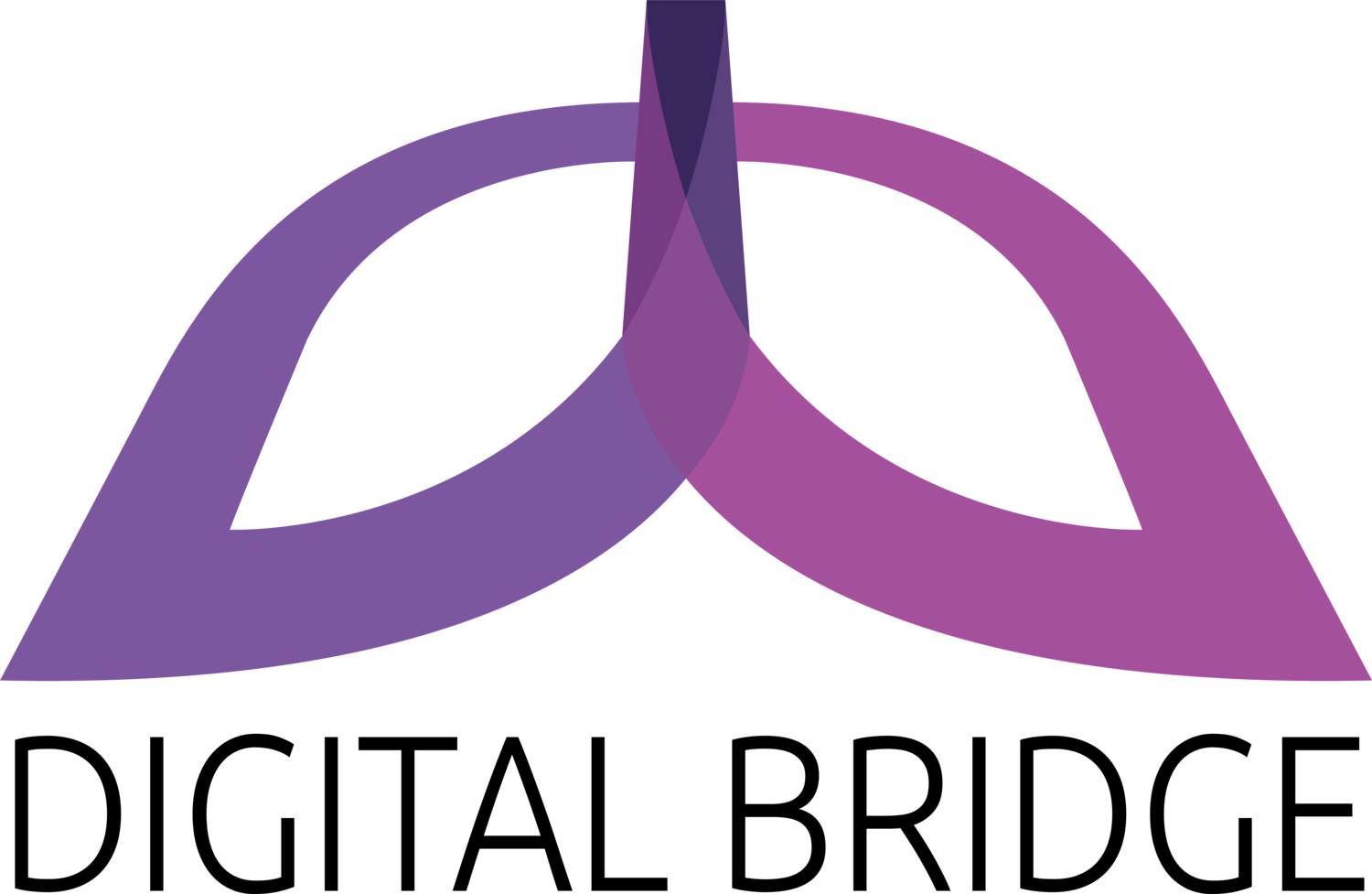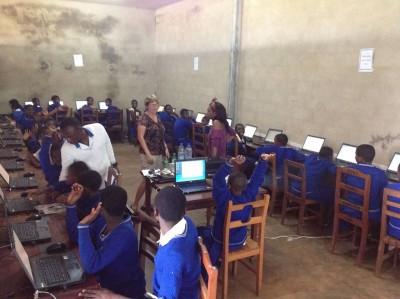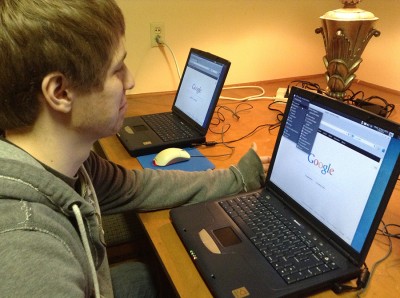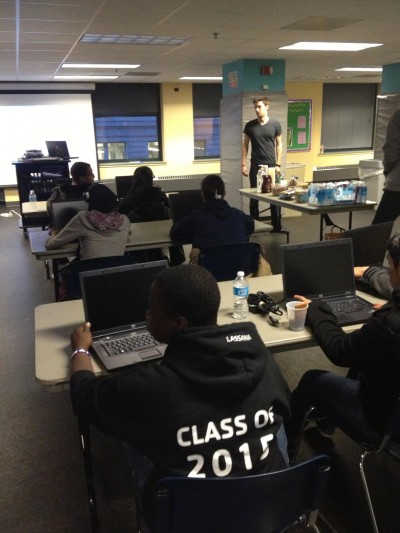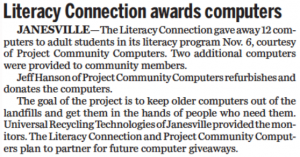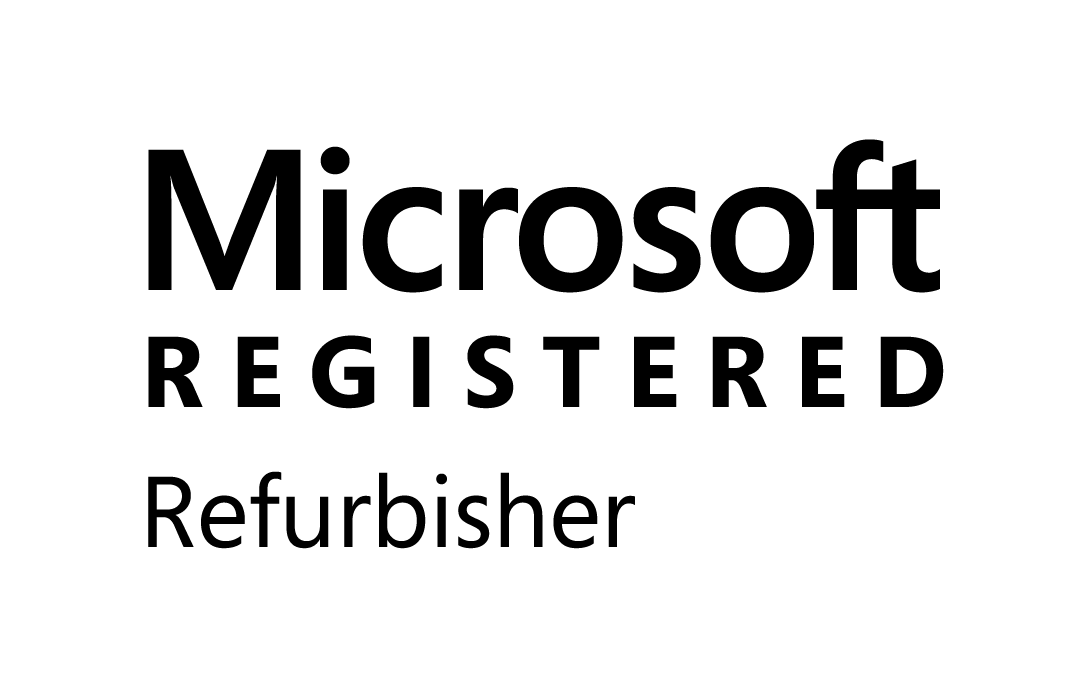Jeff and Kiefer on Front Page of Janesville Gazette
/
Men bridge digital divide, reduce electronic waste
By Anna Marie Lux
MILWAUKEE--Jeff Hanson could be working as an engineer.
Kiefer Stenseng could be attending graduate school in Norway.
Instead, the 2008 Janesville Craig High School graduates are committed to bridging the digital divide.
Five years ago, Hanson co-founded Project: Community Computers as a student group while attending the Milwaukee School of Engineering. The idea behind the project was to bring technology to people in need while reducing electronic waste.
Since then, the group has set up more than 20 computer labs with used equipment across three continents. Hanson currently is setting up a lab with about 35 donated computers at Njala University in Sierra Leone. Helping him are students from Lawrence University and MSOE.
The effort also provides technical service and computer lab donations to nonprofit groups close to home. In Milwaukee, the project has provided tools for people to find work in the inner city and supplied computers to students who cannot afford them.
Hanson also set up two used computers with a printer at a men's shelter in Janesville so people can work on resumes and gain online skills.
The young entrepreneurs eagerly pour energy and effort into the project, but they need money. By Dec. 31, they hope to raise $100,000 in donations to turn the start-up organization into a full-fledged nonprofit agency.
“The campaign has to succeed for us to keep going,” Hanson said. “It's impossible to say how many people we have impacted so far. If we raise the funds, we can do so much more.”
As a college freshman, Hanson made the first of three trips to Africa to help set up a computer lab in Kenya. Before coming home, he witnessed the positive impact technology had on people who previously had no computer access.
Hanson recently graduated with degrees in computer engineering and electrical engineering. Instead of looking for a job, he is working hard to keep the computer project alive.
“It's impossible to stop now,” Hanson said. “I see a lot of potential in it. There are so many people out there who don't have access to technology. At the same time, all these groups are constantly getting rid of tons of perfectly good computers.”
He teamed up with Stenseng, a recent UW-Madison graduate who has a passion for social welfare. Today, Hanson is director of operations and Stenseng is the agency's creative director.
“People don't understand how big a deal the computers are until you see how they impact lives,” Stenseng said. “It's the coolest thing in the world to be involved in this project.”
Both know that what they are doing is not a new idea. But they hope to be the ones who do it best.
“Our goal is to turn one person's trash into another's treasure,” Hanson said.
They cite telling statistics that support their effort: Of the more than 7 billion people on the planet, only about 2 billion have access to the Internet. In the United States alone, roughly 30 million people do not have access to computers. At the same time, companies, schools, businesses and citizens are throwing away tons of electronics annually because they are considered outdated.
Hanson installs the used computers with an operating system called Ubuntu, which was created for the purpose of free distribution.
“The project wouldn't be possible without the software, which is stable and secure,” he said.
On their website, the men explain that many people use computers and the Internet for education, to find work and to connect with friends and family.
When you think about all the ways that technology improves our lives, it is easy to see how a digital divide exists between the haves and the have-nots, they said.
The divide is not limited to the developing world. In fact, they explain that the divide is larger for those within developed communities without computer access than for those in developing countries without computer access.
“We're middle-class guys who can change the lives of so many people,” Stenseng said. “We just have to do it.”
Anna Marie Lux is a columnist for The Gazette. Her columns run Sundays, Tuesdays and Thursdays. Call her with ideas or comments at (608) 755-8264, or email amarielux@gazettextra.com.
- See more at: http://www.gazettextra.com/article/20131127/ARTICLES/131129748#sthash.lAHvM9fw.dpuf
